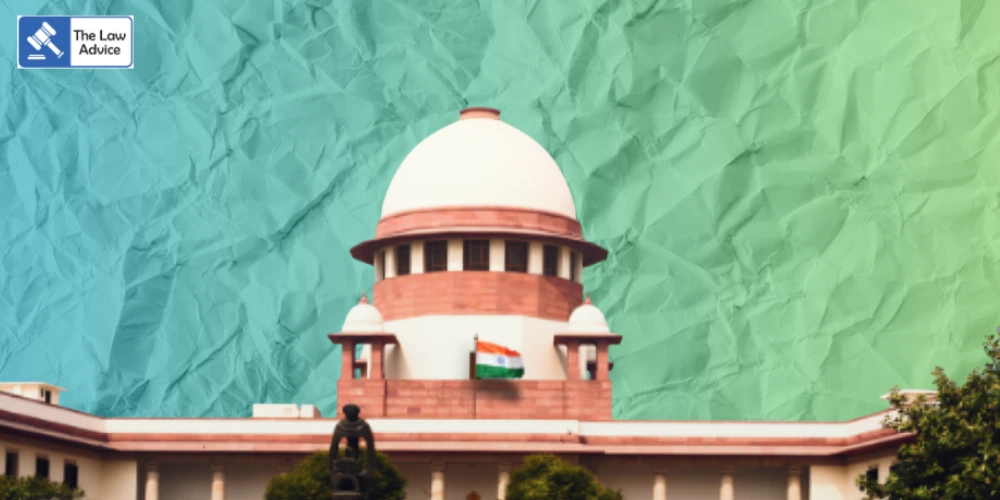
The Supreme Court has been informed that its earlier directions aimed at ensuring accessibility for visually impaired candidates—including the use of JAWS screen reader, customised keyboards and mouse, the ability to type answers in a Word document, and the option of using a scribe in accordance with government norms—for the All India Bar Examination (AIBE) and future editions of the Common Law Admission Test (CLAT) are expected to be implemented from next year.
On August 13, a Bench of Justice Surya Kant and Justice Joymalya Bagchi had clarified that interim directions issued on December 5 and December 11, 2024, to facilitate visually impaired aspirants for the AIBE would also extend to future CLAT examinations. The order arose in a writ petition filed by visually impaired law graduates seeking accommodation for appearing in CLAT-PG 2024–25 and the AIBE.
Following the Court’s interim orders, the Government issued fresh guidelines on August 1. On November 13, the Bench was informed by Additional Solicitor General Archana Dave Pathak that these guidelines were subsequently kept in abeyance through an Office Memorandum dated September 10, due to inadequate infrastructure to implement them effectively. She assured the Court that updated guidelines, along with the necessary facilities, are likely to be operational from the coming year.
The Court recorded:
“It is pointed out that the Government of India issued some guidelines on 01.08.2025, which were kept in abeyance vide O.M. dated 10.09.2025 because of the unpreparedness to implement those guidelines in letter and spirit. The learned counsel for the petitioners as well as the learned Additional Solicitor General of India point out that the instructions are likely to be reinforced along with the requisite facilities after 31.12.2025. Meanwhile, the Bar Council of India may issue the necessary circulars in terms of the decisions that have been taken so far.”
Earlier, on December 5, 2024, the Supreme Court had directed the Bar Council of India to provide essential accessibility tools for two visually impaired AIBE candidates—such as JAWS and NVDA screen readers, permission to use personal assistive devices, and facility to install required software a day before the exam. Candidates were also to be given a choice between typing answers or using a scribe. The Court had also remarked on the absence of any formal accessibility policy within the NLU Consortium.
Further, on December 11, 2024, the Court mandated that visually impaired candidates who wished to type answers must be allowed to do so, while still retaining the option of assistance from a scribe. It also reiterated that scribes must meet the eligibility criteria under the Government of India’s 2018 guidelines—namely, they should not belong to humanities or law streams and must hold a qualification lower than that of the candidate.
The matter has now been scheduled for hearing on January 20, 2026.
Case Details: Yash Dodani & Ors. v. Union of India & Ors., Writ Petition (Civil) No. 785/2024
Website designed, developed and maintained by webexy